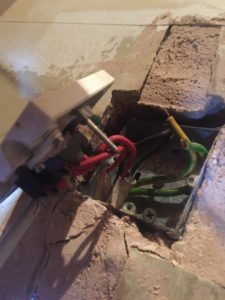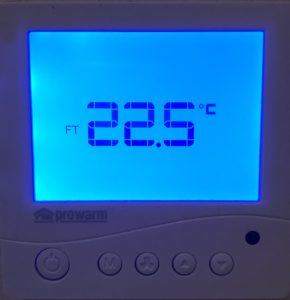Following the Governments recent announcement regarding the Coronavirus lockdown, the construction and manufacturing industry are encouraged to start operating again as long as they can provide and maintain social distancing and good hygiene.
Some of our clients have been in touch with us ahead of them returning to their workplace to make sure their building is ready for their return so whether that be relamping, carrying out remedial works following recent electrical testing or making sure they are still compliant with their buildings safety testing.
Where to start? – One area we really want clients to think about prior to their return, whether thats as soon as this week or in the coming months, is their emergency lighting.
If your emergency lighting hasn’t been tested recently then it should be before the premises reopens and staff return to an operational building. This then ensures the batteries are charged and all the emergency luminaries are going to work in an emergency as they will be how your staff will be able to evacuate safely from the building.
It’s important to remember that emergency lighting in a building also assists the emergency services such as The Fire Brigade to enter, carry out their important work and leave the building safely also.
Emergency Lighting Testing – We are still able to go in and test your emergency lighting in your business premises even if you are not there as it is classed as essential maintenance. We just need access to be given and social distancing to be adhered to for the sake of our electricians and any staff that may be on site.
How can we help? – If you want to discuss if your building is ready prior to returning then why not get in touch with us. We can assist any businesses in St. Albans and surrounding areas not just the manufacturing and Construction industry, so please let us know if we can be of any assistance.
For now we hope everyone continues to stay safe!




 Or even if you just need the advice of
Or even if you just need the advice of 


 y near misses over the years! This could be due to incompetent tradesman,
y near misses over the years! This could be due to incompetent tradesman,  otprint.
otprint.